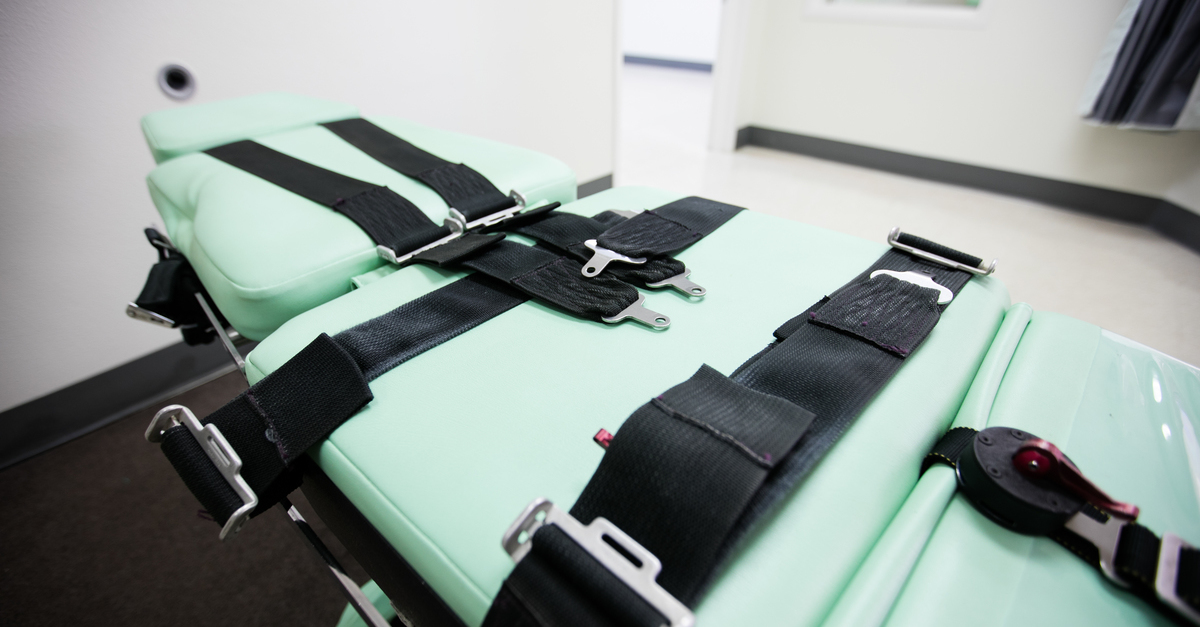
Score one for the free and open press, zero for the Yellowhammer State. The Supreme Court ordered Alabama on Monday to unseal documents relating to the execution of Christopher Price earlier this month.
In May 2019, Price — convicted for slaying a minister 28 years ago — appealed his death sentence to SCOTUS; he argued that execution via nitrogen gas would have been less painful than lethal injection of midazolam – the drug Alabama routinely uses in its executions. Price ultimately lost when the high court denied certiorari, leaving the Eleventh Circuit’s decision in Alabama’s favor as the final word on Price’s Eighth Amendment claim. A few weeks later, 46-year-old Price was executed at the William C. Holman Correctional Facility in Atmore, and midazolam was the drug used.
Price’s petition was one of several recent high-profile appeals from Alabama death-row inmates; what was unusual about Price’s case, though, was that Alabama redacted its filings to keep its execution procedures hidden from public view.
“The state did not provide any explanation for its asserted need for secrecy,” argued the Reporters Committee for Freedom of the Press and NPR, who moved to unseal the redacted documents. “Alabama has no legitimate interest that justifies sealing either its lethal injection protocol or expert evidence regarding the effects of midazolam.” Whatever Alabama’s reasoning, its lack of transparency is about to come to an abrupt end in light of the Court’s order.
Both Alabama and SCOTUS drew recent ire from court watchers last February when convicted child-rapist and murderer Domineque Ray was denied his request to have a Muslim Imam at his execution, but was essentially forced to have a Protestant chaplain present. In the Ray case, Alabama prevailed on its argument that execution procedures could not be adjusted to accommodate Ray’s request – despite producing no evidence whatsoever about how those procedures actually functioned. SCOTUS’s order mandating that Alabama come clean about its execution procedures isn’t likely to settle any controversies — but at least the public will know what everyone’s fighting about.
[Photo via California Department of Corrections and Rehabilitation via Getty Images]